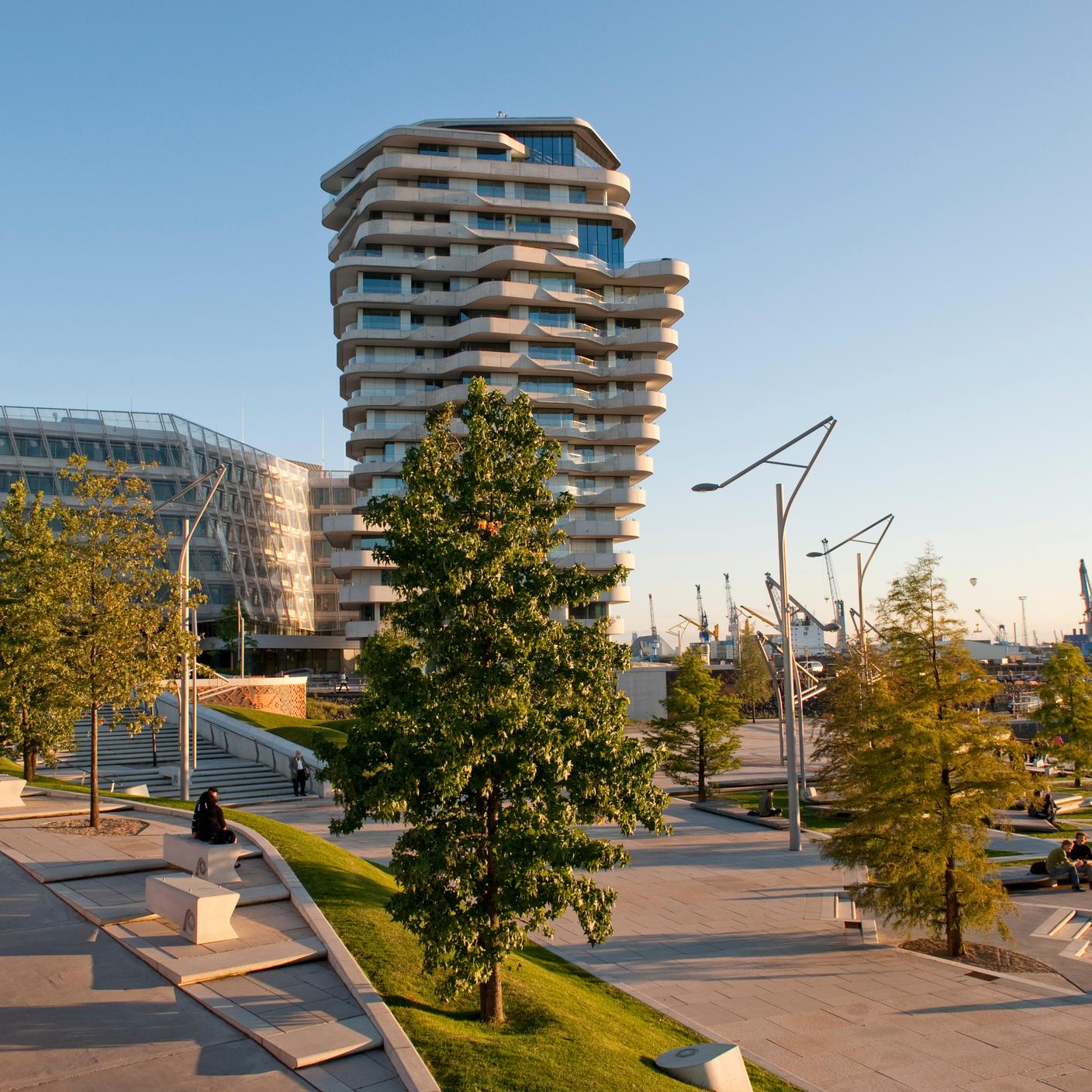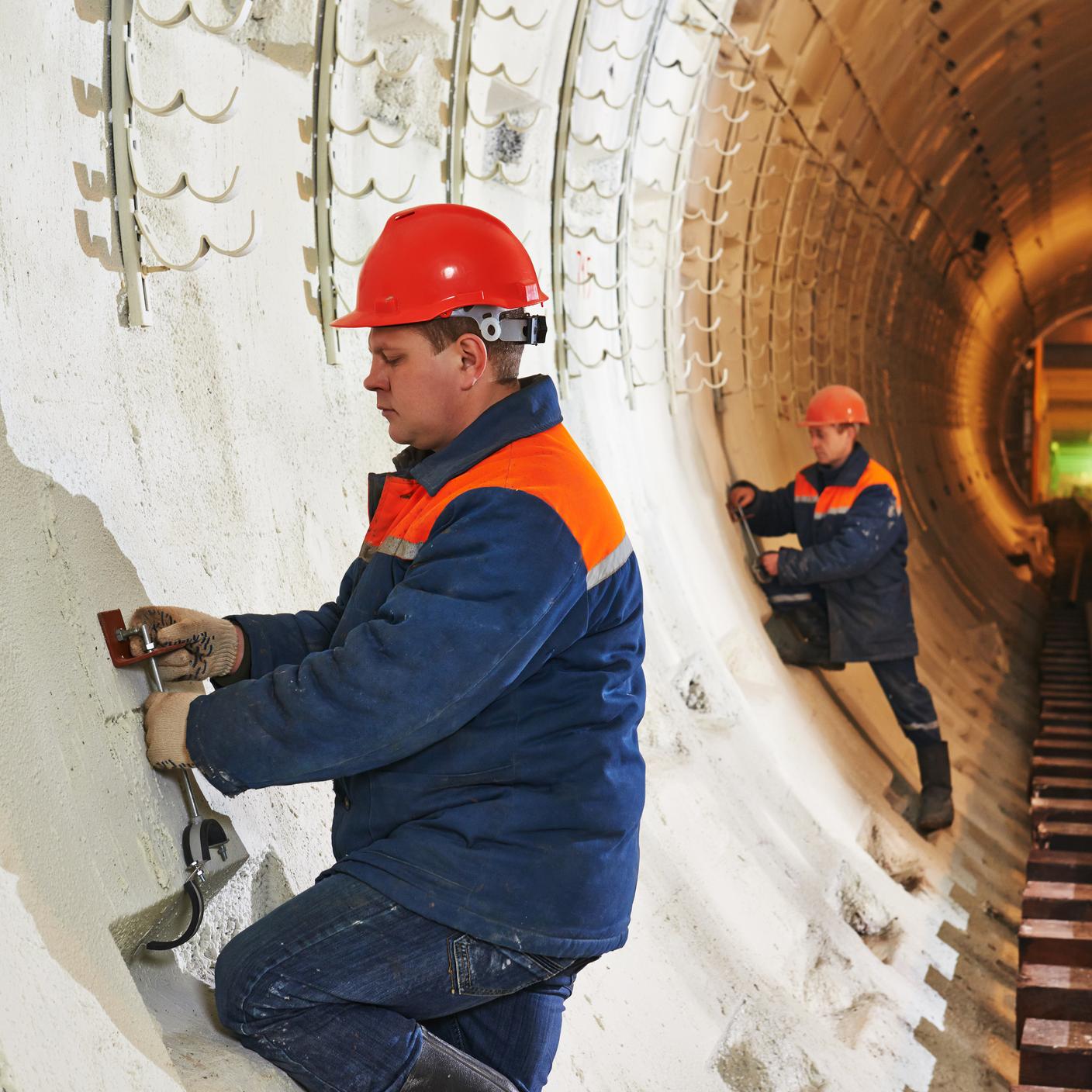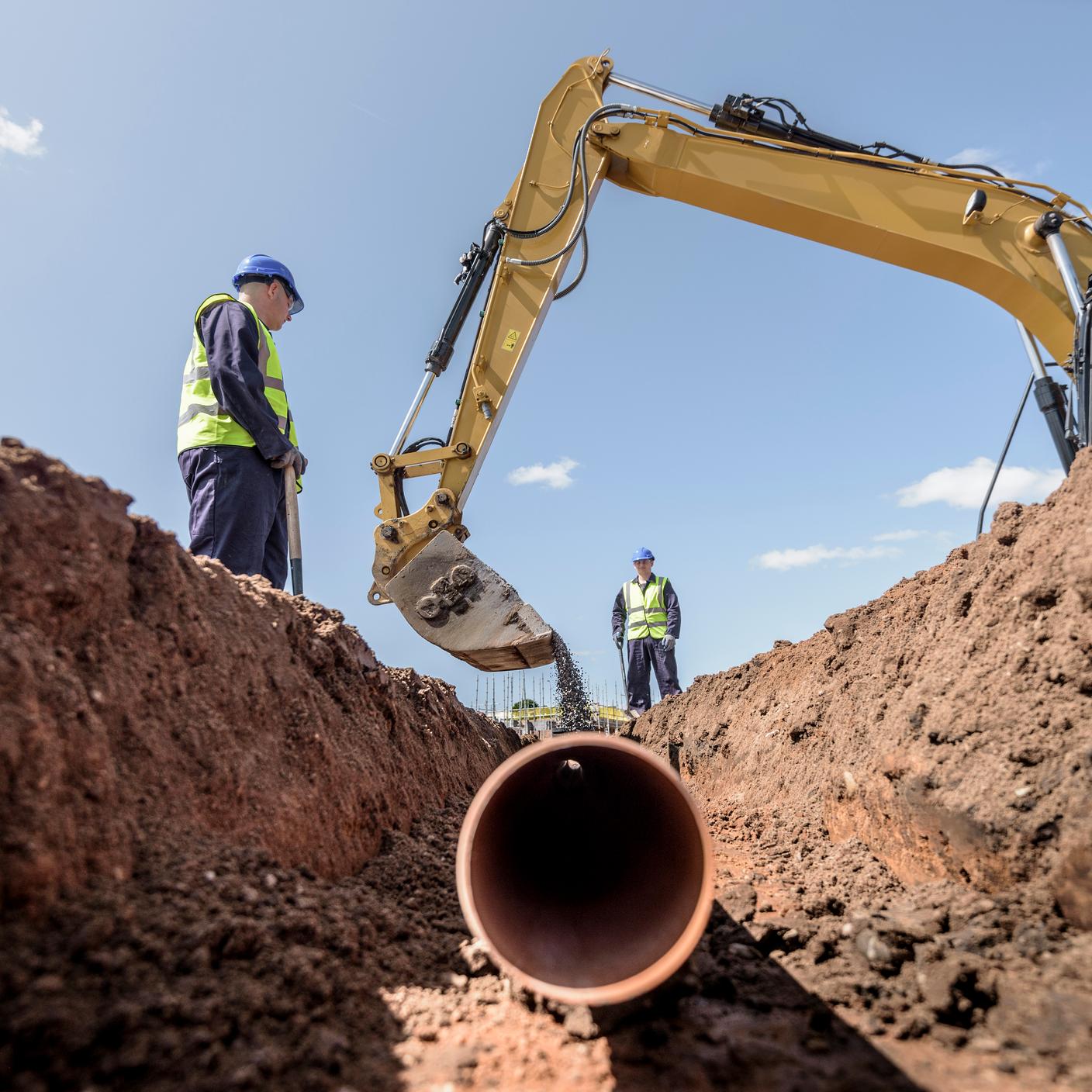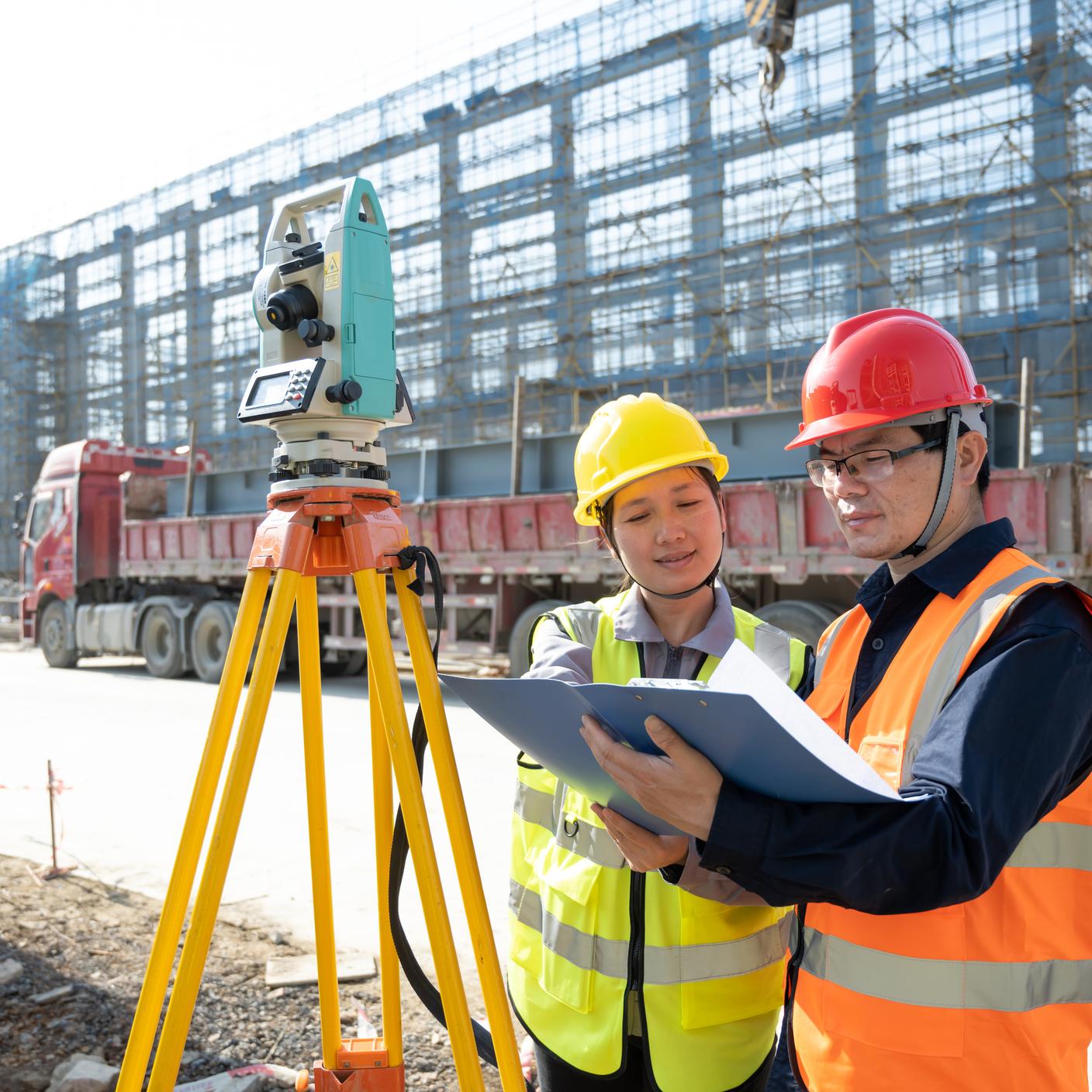In the light of a government review that attributed more than 50% of the UK's carbon emissions to infrastructure, a consistent framework that could encompass the whole value chain was identified as essential to the industry's sustainability goals.
- Search BSI
- Verify a Certificate












